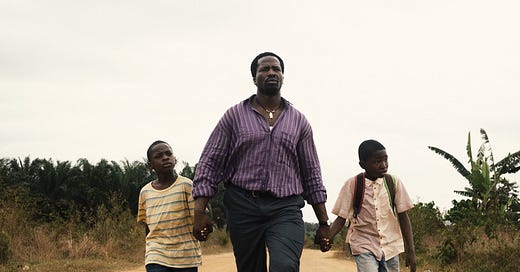Nigeria Goes Global; AFRIFF Plots Market; Doha Launches New Festival
Africa had a notably bigger presence at this year’s Cannes film festival and market, in particular Nigeria, which had My Father’s Shadow in Un Certain Regard, while the Nigerian government was talking up plans to invest in the country’s creative economy. In addition, the Africa International Film Festival (AFRIFF) announced plans to launch a market at this year’s edition, one of a series of new film markets and festivals based in the Global South announced during Cannes.
Various organisations from the Arab world also held a busy schedule of panels, talks and networking events at the festival, with activities spearheaded by the Arab Cinema Center, Doha Film Institute (DFI) and Media City Qatar, Egypt’s El Gouna Film Festival and Saudi’s Red Sea International Film Festival. DFI also announced plans to launch a fully fledged film festival this November. You can find further details of all these developments below along with a reminder that, unlike the US & UK trades, Streamlined is an ind…



